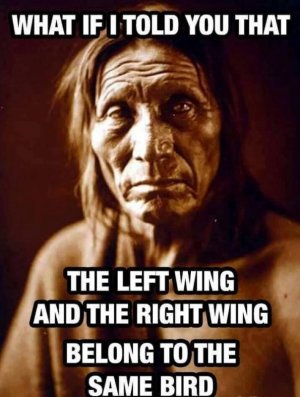We've all heard the expression "You are what you eat", which seems to be true with physical food as well as mental. Also, like junk food establishments everywhere, so it seems to be with the media. How careful are we about what is being selected for input, or are we at all. If you put a sponge into dirty water, guess what it absorbs. Sometimes our mind is treated like a septic tank digesting all the crap that goes in.
Does the gatekeeper just give up because it is hopeless to filter it all? Do we have a mental image of the person we desire to be, and does that match what is going in? Approximately 90% of the news is negative, and so many of us want to be positive people, but we watch it anyway, even though most of it we have no control over anyway. So just wondering in what ways do you think all the information we consume on a daily basis is affecting society?
How careful am I regarding news ‘input’ I receive? I don’t think I consciously came up with a strategy. In my early twenties, I used to say most of what “we” read in newspapers or watch on the news we forget with the hour, so I mostly stopped reading newspapers. I would still watch the news, then later came to the conclusion that I’m sitting in front of the TV waiting for something that might interest me. I suppose I then slowly weaned myself away from the TV.
Since the late 90’s I go online for news, selecting what I want to read. It seems far more efficient that way. If I’m reading a news article that I think has too much bias, too much opinion, or speculation, I generally get bored with it, so stop reading.
If there is a news article that really interests me, then I will cross reference it with similar articles by other news agencies. Again, I didn’t really see it as a strategy of mine, as such, it’s just something I do.
As for a gatekeeper in my head, it’s not something I really thought about until mentioned here. Maybe my ‘gatekeeper’ was filtering subconsciously? My ‘gatekeeper’ doesn’t feel particularly overwhelmed.
I don’t think my self-image necessarily aligns with the news or information I consume. They seem separate entities to me. Maybe an observer of me might say something different, I don’t know.
You mention most of the news being negative, yet we want to be positive. I would say that any sense of being positive or negative within me doesn’t usually come from the news, it comes from somewhere else.
Regarding the information we consume and whether it’s affecting society, I would say yes it probably is, but to what degree I would say is very open to debate. I’m not entirely convinced we can fully get a handle on it, or at least at the moment, as there seems to me to be a huge amount of variables to consider. And how those variables might interact and influence each other. A bit like trying to understand global weather as a whole, and how one area of the globe and its variables affects another area.


